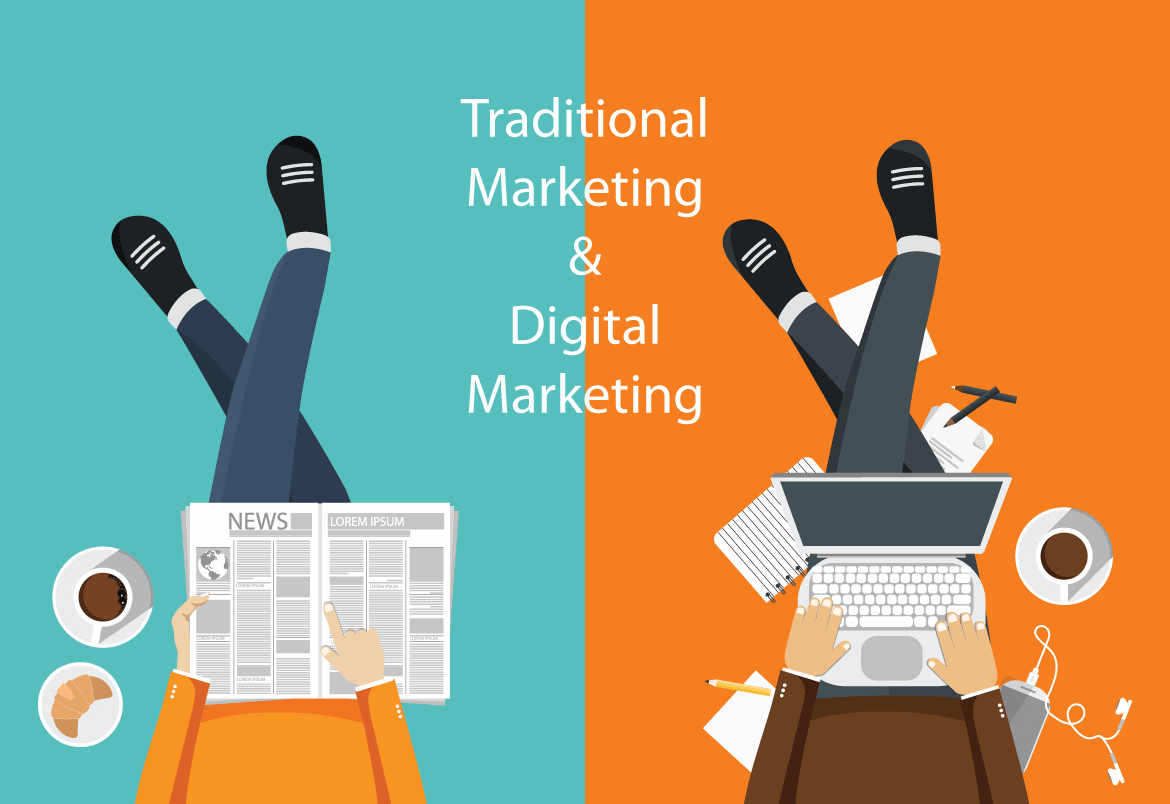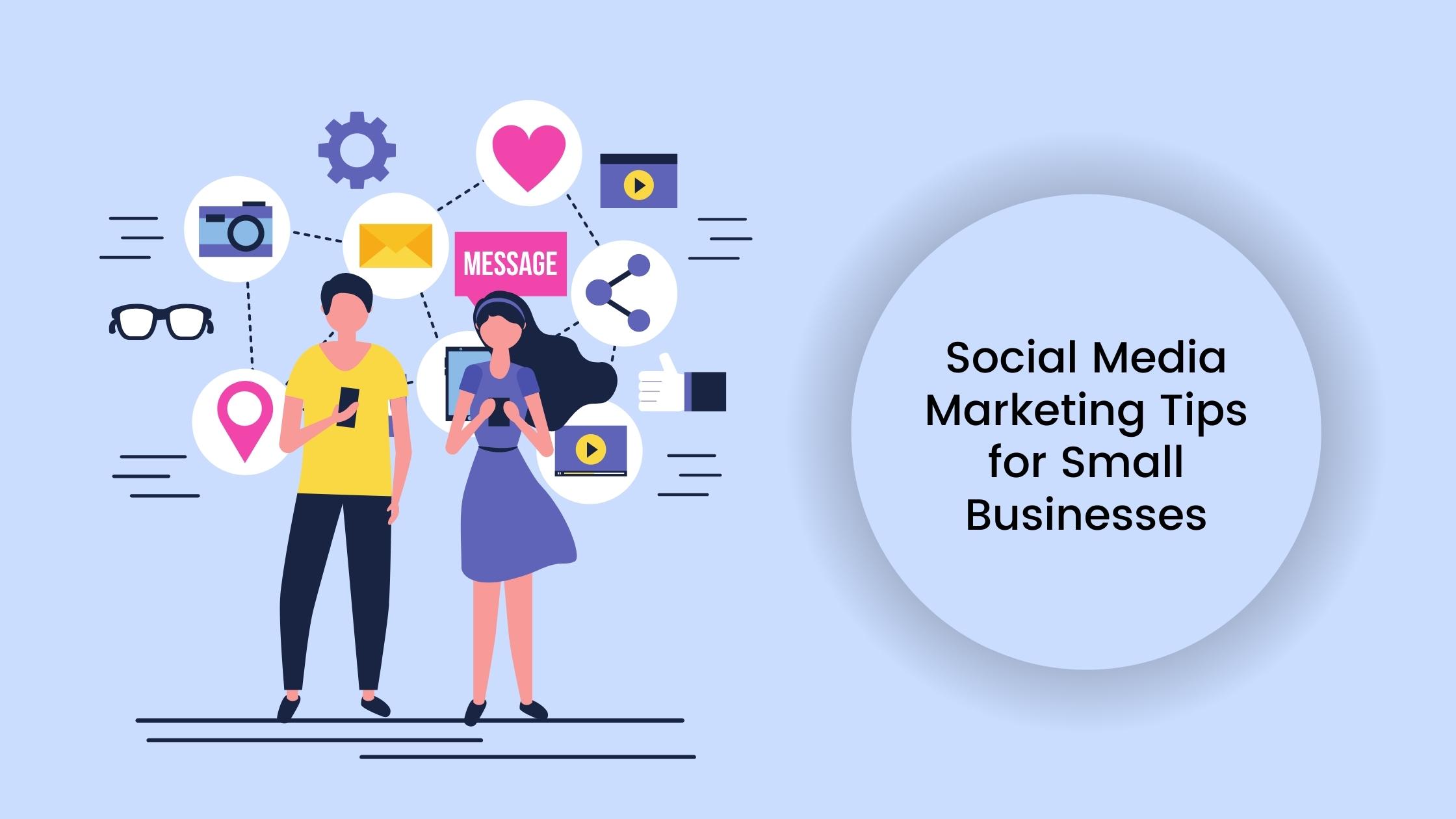Today, most marketers recognize that social media is an important means by which to market. Many firms have established a presence on one or multiple types of social platforms. However, even though the creation of content and audience-building is highly recognized, many organizations fall short in another very key aspect of social media: social listening.
Social listening is a strategic approach for capturing the wide and deep landscape of social media by your brand to get insight into what your target audience is discussing, feeling, and why.
It’s through investing in social listening that you will know more about conversations revolving around your brand and the wider industry. This would be helpful in generating real insight to help shape and drive elements of your business.

In this article, we will be discussing what social listening is, how important it is to modern businesses, and which tools can be used for this purpose. A little later on, we will share some tips with you on how to get started and build further on your social listening strategy.
What is Social Listening?
The process of social listening is actually monitoring and listening to discussions related to your brand on social media. It is simply a more formal process of extracting valuable insights from discussions in order to make your next actions even better in terms of marketing.
These discussions range from direct mentions of your brand or product to dialogues about your industry, competitors, keywords, or other topics indirectly related to your business.
The whole deal about social listening is getting to know your audience through observation of their conversations. Get a feeling for what is bothering them, what they are really interested in, and what is currently setting them on fire.
The information you gather in this way can help you reap a number of benefits related to better product development insights, creating new ideas for content, or even improving your approach to customer service.
The list below goes through what can be achieved with the power of social listening:
- Monitor your brand, product, and service mentions across various social platforms.
- Understand the view about your brand by categorizing mentions as positive, negative, and neutral.
- Find emerging trends in your target market by recognizing recurring subjects, themes, or keywords being spoken about.
- Know your audience: demographics, behavior online, their preferences, and how your brand relates to these.
Thus, social listening is not only a powerful marketing tool but can be used to improve customer engagement, product development, and many other facets of your business.
How does Social Listening differ from Social Monitoring?
If you are thinking that you may be a little confused in differentiating between these terms-social listening and social monitoring-you are not alone! The terms are very much considered synonymous and are used interchangeably, though actually they have different purposes and scopes.
Broadly speaking, social monitoring has a narrower focus, concentrating primarily on your brand, while social listening adopts a more comprehensive approach to gathering insights.
Social monitoring revolves around the task of locating brand mentions and conversations to stay informed about current developments and address immediate concerns. It is typically an integral component of a company’s customer support program, aiding in prompt responses to queries, addressing questions, and resolving complaints efficiently.
Moreover, it can also be instrumental in identifying trending topics or industry events that have relevance to your brand. In essence, social monitoring is all about staying aware of ongoing activities surrounding your brand on social media to enable swift responses.
Social listening consists of all the aspects of social monitoring but extends its capabilities further by broadening the spectrum of what you track and placing an emphasis on acquiring insights for shaping brand strategy, content planning, and decision-making.
While social monitoring could be all about tracking mentions of your brand, social listening goes beyond the boundary by exploring more into the wide consumer behavior and emerging industry trends. It also involves in-depth qualitative analyses of the conversations occurring within those domains.
If the analogy to help explain the difference must be made, it could be said that if social monitoring is the equivalent of cleaning your own yard, social listening can be described as taking a casual walk in your neighborhood, eavesdropping on conversations to understand the interests and concerns of your neighbours.
While this article approaches the subject of social listening, it has to be said that social monitoring and social listening are both elements of a successful marketing strategy.
The Power of Social Listening
As briefly touched upon, successful social listening can provide benefits across many areas of your company-from marketing and product development through customer support-and the implications of these alone can have a big impact on your bottom line.
Now, let’s go into greater detail around some of the most important reasons why social listening is an indispensable part of your business’s toolkit.
Understand Your Audience
To the same extent, social listening is a good channel to delve into your audience for more profound insights, including existing customers and future clients.
It opens onto thoughts, opinions, concerns, desires, and more of your targeted consumers. Having this in your hands, you will be able to shape your content, messaging, and products in such a way as to touch their needs.
Reputation Management
Social listening can be used to assess the targeted audience and the general public’s sentiment about your brand, products, messaging, or services.
By learning about the entire range of positive and negative opinions about your brand and the origin of that opinion, you will know where you need to make improvements and work toward positive sentiment of your company.
Market Analysis
Social listening can be a great avenue through which one uncovers emerging trends, consumer behaviors, and emerging opportunities relevant to one’s industry. As a matter of fact, such insights can be used in the establishment of one’s competitive advantage through the provision of the best customer experience.
Crisis Management
Let us face it: crises do happen in all businesses and industries. On the brighter side of things, social listening will ensure that you realize there is a brewing crisis before it gets out of proportion, at which point one may curtail it in time.
Competitive Insights
When it comes to your competitors, social listening helps you maintain a vigilant watch over them and glean insights from their achievements and setbacks.
Using active listening, you can discern how your target audience perceives your competitors and use these observations to distinguish your brand from the rest.
Content Strategy
Interested in knowing what types of content, format, and topics work best for your audience? Try social listening! It can help you create more relevant and interesting content.
Lead Generation
Social listening can improve lead generation in a variety of ways. It can be an excellent means of monitoring for prospective customers interested in your industry, product niche, or topics about your business.
By using your social listening insights to create and improve your content strategy, reputation, products, customer experience, and more, you will indirectly drive more leads to your business.
Social Listening Tools
Since the essence of social listening is to collect and analyze data from millions of posts, using a dedicated tool to do so makes much sense.
The Following are some of the well-known social listening tools:
Hootsuite
Known for their social management functionalities, Hootsuite also offers an extensive set of features that can help you in your social listening endeavor.
It also allows you to build unique streams that will monitor your hashtags, keywords, or mentions across various social platforms. These types of streams are going to be worth their weight in gold for live monitoring and in engaging with conversations.
Besides that, Hootsuite has an integrated set of tools and integrations that can enable you to understand sentiment about a brand, tap into Reddit discussions, leverage consumer research data, and more.
Sprout Social
Sprout Social is one of the social media management tools, which facilitates a lot in the process of social listening. The Smart Inbox in Sprout Social helps to aggregate all your mentions, comments, and direct messages across various social networks into one single feed, so you will always be abreast of developments.
The platform comprises everything that is essential, like audience analysis, campaign evaluation, crisis management, competitor analysis, identification of influencers, sentiment analysis, and lots more.
Talkwalker
Talkwalker is another social listening platform. It automatically listens on your behalf to data from 150 million websites and more than 10 social networks to extend the reach of your real-time listening.
Key features that include AI-powered sentiment analysis in more than 127 languages, alerts about unusual activities, identification of issues, conversation clustering, and lots of other useful functionalities.
Brandwatch
Brandwatch is an efficient social listening and analytics platform for the tracking and analysis of online conversations. It gathers data from an enormous 100 million sources to ensure that everything is covered.
This tool works in real time and, through parsing mentions of your brand for sentiment and perception, reduces the need to invest a great deal of time and effort.
Among other key features are AI-driven alerts for unusual mention activity, multi-language conversation translation, years of historical data, and lots more.
Meltwater
The social listening tool from Meltwater tracks data from a wide variety of sources, including but not limited to platforms such as Facebook, Instagram, Twitch, Reddit, YouTube, and scores more. It can even find mentions of your brand in podcasts.
Key features include topic and conversation trend analysis, the ability for custom dashboard and reporting, consumer segmentation, behavior analysis, crisis management, among others.
How to Build a Social Listening Strategy
Now that you have understood what social listening is and why it’s important, now that you know some of the tools you can use to power your social listening effort, it’s about time you began creating your strategy.
Here’s how we recommend that you go about developing a social listening strategy:
Define Your Goals and Objectives
Like any major endeavor, you should begin by establishing clear objectives concerning what you want to achieve.
Why do you want this, and what do you want to happen? Spend time with your group openly debating it, exploring it in the context of your goals.
You can have one big objective, or you can have more than one. Some might be:
- Improve the customer service and customer care of my company.
- Gain insights to inform product development and enhance product offerings.
- Tracking brand sentiment among current and potential customers.
- Better understand the competition in your industry, along with how your competitors stack up against you with social audiences.
- Keep track of industry news and trends to know about content gaps and opportunities long before they arise.
No matter what your objectives may be, it is crucial that you have them in place because this will make it simpler for you to stay on course as you move forward.
Select Your Preferred Tool
While it is possible to perform social listening manually, it can never be as complete as when the job is done with the help of some tool or platform.
Social media listening tools, as pointed out above, are good in pulling in data from a number of sources all at once. But more than that, they are able to analyze sentiment, track trends and activity, and a lot more.
Yes, they do come for a price, but they’re worth their weight in gold.
Do your homework and pick a tool that will work best for you, within your team’s budget. Find a solution that monitors a lot of touchpoints; offers rich analytics; has the possibility for personalization; and easily integrates with the current tech stack.
Make Your Workflow Clear
Defining the roles and responsibilities of your social listening process is a crucial step. Who will be responsible for managing the monitoring of social listening data, responding to relevant mentions, and analyzing data for insights and progress reporting?
These are the things that you want to catch early on so you can build out a very clear workflow that outlines who is responsible for what. This will give you direction at the beginning so that your work is purposeful and you’re able to make use of the data that you’ve collected effectively.
One might say that one should be set up to actually listen constantly to the conversations and respond where relevant. Set a vigilant eye on one’s listening activity, and automated alerts are pretty valuable for such.
Identify Target Keywords and Topics
This is a very important step: take the time to identify the keywords, topics, and hashtags you want to “listen in” for; these will be the basis of your listening.
Ensure your set includes keyword and topic selections specific not only to your brand, but also to the industry in which you are in. This will ensure that the information you retrieve is relevant to your purpose. You can also touch on keywords or topics that you may not want to include, and give reasons for their exclusion.
These options will shift or alter with time, and that is okay. What matters is that you develop an intentional and clear platform based on what is most significant in the present moment, and which will help you reach your aims.
Focus on Measurement
We’re well aware of the importance of measuring social media, and this goes down to your effort in social listening. As time goes on, keep continuing to measure the effectiveness of your efforts through the goals and objectives you first set up.
In this way, you’ll be able to evaluate the impact of your social listening to see if any adjustments or modifications may be needed based on the data you have.
You’ll also be able to monitor the social engagement metrics on a timeline view that shows whether your insights have moved over to an overall boost in your social performance.
Be Adaptable
In the workflow previously outlined, identification of a person or group in charge of continuous analysis of the data is very relevant. Data does not analyze itself. Create a standardized process through which data would be explored for insights and then acted upon.
If you are not acting upon the insights as a means to the advantage of your business, then investing in the social listening program is futile. So, make sure you adjust the content strategy, marketing efforts, customer service, and others based on what insights are saying.
Final Thought
Out of all the conversations going on about your brand on social media, if a brand is not practicing social listening, it’s a huge missed opportunity.
By investing time to genuinely listen to your audience and potential customers, understand their point of view, and take their suggestions onboard for use in your plans, you will surely be well on your way to achieving great success with your business. Now, take to heart some of the tips we have shared with you in this post, and start designing your social listening approach.










